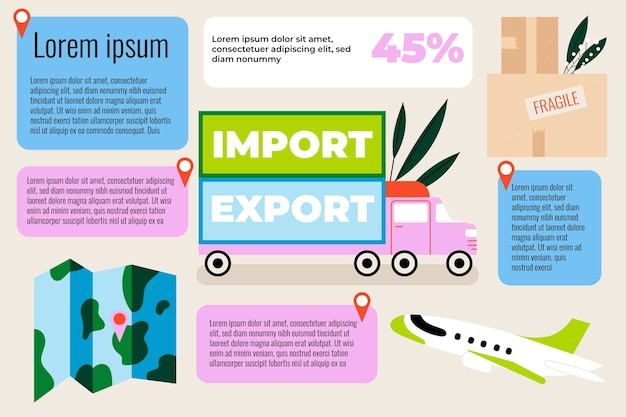A couple of years back, I found myself in San Francisco, visiting the Google Travel offices. We spent a good chunk of time nerding out over travel booking data. One fact that really stuck with me was that most people spend over 40 hours and visit more than 20 websites to plan their trips.
Back in 2005, when I was planning my first round-the-world trip, there weren’t nearly as many online resources. I mostly relied on guidebooks and a few scattered blogs and forums. Fast forward to today, and we’re spoiled for choice. There are countless blogs, forums, apps, social media accounts, and websites dedicated to travel. No matter where you want to go, you can find information about it.
But with this flood of information comes a challenge: how do you know which advice is reliable, especially when so much of it is sponsored by companies? Like many of you, I spend a lot of time researching destinations before I travel. I read blog posts, books, trip reports, hostel reviews, and more. I love diving deep into the places I’m going to visit. It makes the trip feel more real and gives me a sense of discovery.
Planning a trip is an essential part of the travel experience. It gives you a sense of ownership over your journey. But after years of working in the travel industry and looking up information online, I’ve become pretty good at spotting sponsored content and misinformation. There’s a lot of bad advice out there that can lead you astray, and I want to help you avoid it.
So, here are some things to consider when you’re reading about destinations:
-
Sponsored Content: If an article is sponsored, it means the blogger was given a trip or product in exchange for a review or mention on their website. While press trips (unpaid experiences where writers visit a destination to write about it) have been around for a long time, sponsored content is a different beast. It involves an exchange of money, which can influence the writer’s opinion. I tend to be more skeptical of sponsored content unless it’s clear what was and wasn’t paid for.
-
Replicable Experiences: If the writer is talking about an experience that I can’t replicate, their advice isn’t useful to me. I want to read about experiences that will help me plan my trip, not just fun stories.
-
Detailed Content: The more detailed the article, the more I trust the writer’s knowledge. I look for content that gives me practical, replicable advice, just like a guidebook or magazine would.
-
Bigger Picture: I also consider the overall content of the website. If the blogger’s travel style aligns with mine, I’m more likely to trust their advice.
-
Website Appearance: A well-maintained website suggests that the blogger takes their work seriously.
-
Negativity: If a blogger is overly negative about a destination, take their opinion with a grain of salt. Many factors can influence whether or not you enjoy a place, and one person’s bad experience doesn’t mean you’ll have the same.
-
Timeliness: Travel changes quickly, so make sure the information you’re reading is up to date.
When researching a company, remember that most reviews are negative. People are more likely to leave a review when they’re unhappy, so don’t be too put off by negative reviews. Instead, look at why people are unhappy and consider the opinions of travel professionals. Also, make sure to check if the top reviews are paid placements and look for detailed, specific reviews.
This might seem like a lot to keep in mind, but it’s not as time-consuming as it sounds. By considering all these factors, you can avoid bad advice and make the most of your trip.
